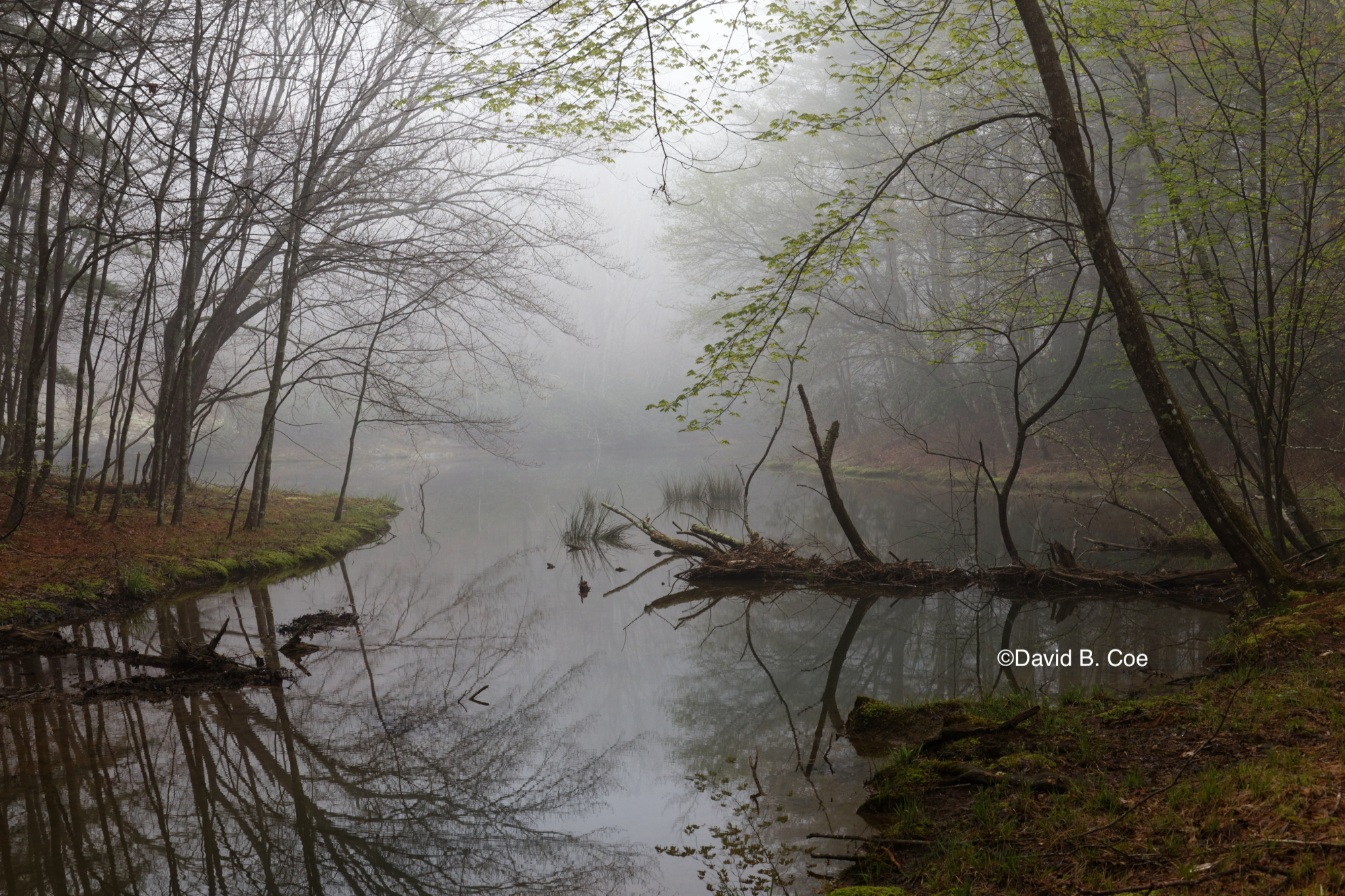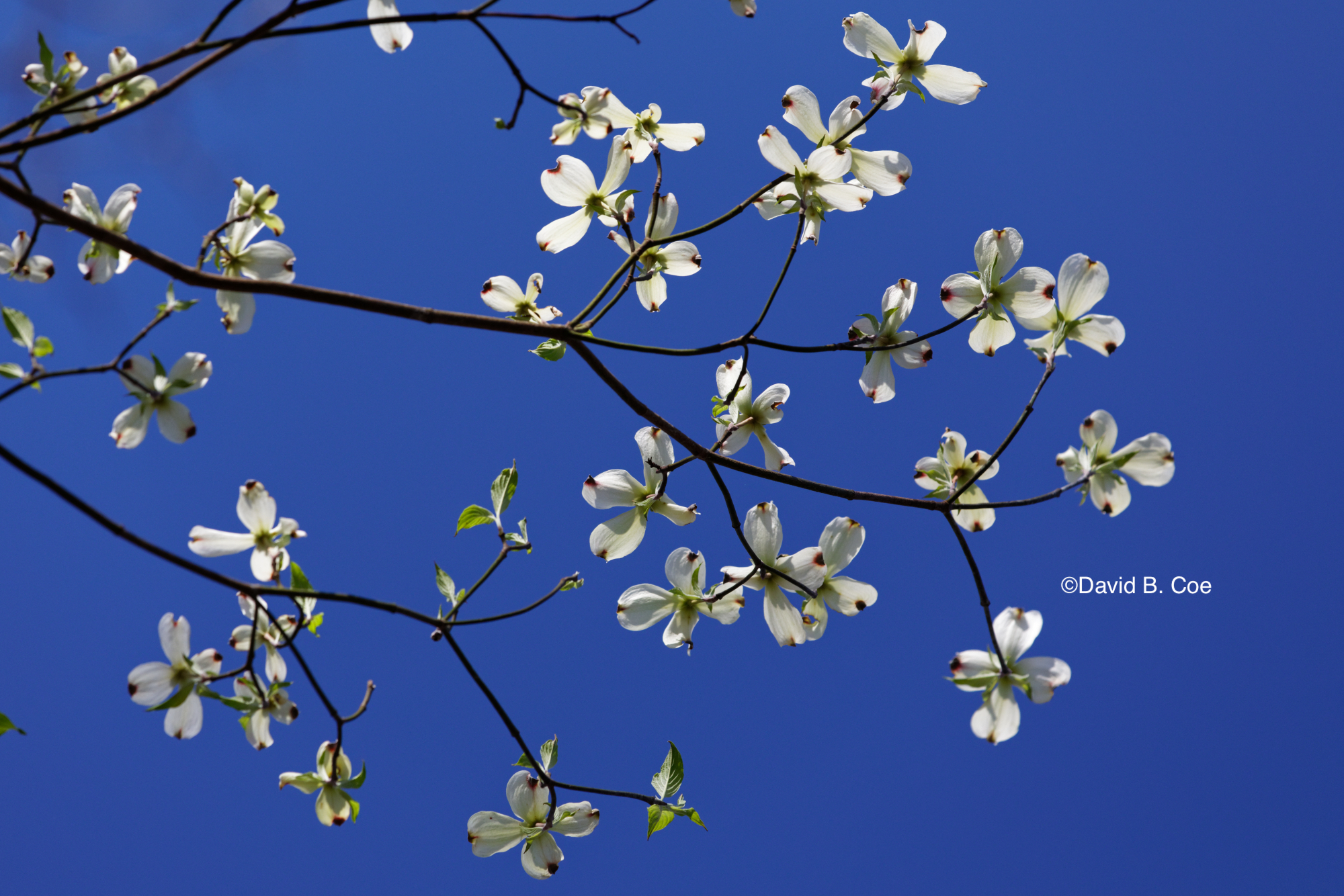Last week, when I wrote my Monday Musings post, I was pretty ticked off at the world. And this week, after watching “protesters” in Michigan, North Carolina, and other states take part in the worst sort of astroturf demonstrations, one might expect that my mood would be even worse.
I mean, think about it. People in NC drove to the state capital to demand that their state be opened up because, they claim, the governor has overreacted to the crisis. Yet, many of these protesters remained sequestered in their trucks wearing face masks! You can’t make this shit up! Then there are the Michiganders who showed up for their protests carrying high-powered rifles and Confederate flags (dude, I live in the South, and the flag has nothing to do with my heritage. It sure as shit has nothing to do with yours…). One guy carried a banner that read “Trump Pence” and that displayed between their names an enormous Swastika. Yes, that ought to help their reelection chances. Hard to believe they haven’t yet turned it into a lawn sign…
Kellyanne Conway, one of Donald Trump’s most visible flunkies, was on Fox News the other day trying to justify the Trump Administration’s withholding of money from the World Health Organization, and she actually said “This is Covid-19, not Covid-1, folks…” implying that health officials should have been better prepared. The problem with this “logic” is that we didn’t have Covid-1, Covid-2, Covid-3, etc. The disease is called Covid-19 because it was identified in 2019. But, hey, it’s not as though Kellyanne is a senior aide to the most powerful political leader… Oh, wait…
On Saturday, Florida Governor Ron DeSantis opened Florida’s beaches. Yep. And Floridians flocked to them, unprotected and, it seems, utterly clueless. This after DeSantis was caught on camera putting on a face mask the wrong way – he put one of the ear loops around his head so that the mask hung sideways over his face with the other ear loop dangling below his chin.
We’re fucking doomed.
Except we’re really not. And that, actually, is the point of today’s post.
My wife is the provost of the university here in our little college town, and as the Chief Operating Officer of the school, she is tasked with coordinating the Covid-19 response. The other day she sent out a message to the university faculty and staff that concluded with a personal note about how much hope and solace she took from the community’s response. And I was amazed at how similar her thoughts were to my own percolating ideas for this very post.
Let’s start with the obvious: many of the reactions we see to the crisis – on all sides – are rooted in fear. I am observing social-distancing and stay-at-home guidelines because I don’t want to get sick. I’ve read enough about the disease to harbor a healthy fear (as it were) of contracting it. In the same way, the protests we’ve seen – however wacky and misinformed and filled with rage and hate – are based in people’s legitimate fears of an economic depression. Fear is, and has always been, a powerful stimulus for political action and governmental response.
But I see more than just fear at work here. I am worried about the economy, too. I don’t know anyone who isn’t. A large swath of the population, though, has made a conscious choice – a supremely rational one, in my view – to sacrifice their short-term economic security for the health of their families, their friends, their communities. We have said, “Yes, I know this is going to be painful, but I want to keep my children safe, my elderly parents safe, my neighbors and friends safe. And I want to be safe, too.”
We have done this despite the utter absence of Presidential leadership, and often despite the absence of leadership at the state level as well. Sure, there are people who thumb their noses at safety, at community. And yes, every day we see new idiocy from our leaders and opinion shapers – Doctor Mehmet Oz telling Sean Hannity that losing 2-3% of our school children would be an acceptable outcome if we reopened schools; Bill O’Reilly telling us that many who have died from the coronavirus were “on their last legs anyway.”
For the most part, though, people throughout the country and the world have put material concerns aside in order to save lives. And that ought to give all of us grounds for hope. If we can do this to stop the spread of Covid-19, might we also be capable of doing it to curb global climate change? Might we be willing to make the far, far smaller economic sacrifices necessary to ease social inequality, combat the historical economic and social impacts of systemic racism, and find solutions to our ongoing health care crisis?
This is a rare moment. A historical inflection point. A tragic moment to be sure. We are being tested daily. Some days we are found wanting. Too often, our elected leaders and media outlets fail us. And yet, I’m hopeful, perhaps naïvely so. People keep saying that even after we emerge from this crisis, our society will never be the same. I believe that. And I believe the differences between the old normal, and what my wife calls “the next normal,” can be ours to choose. Likely we will find ourselves in a more cautious world, maybe a less physically intimate world, at least at a societal level. But I choose to believe that it will also be a world in which we will appreciate more fully the potential of cooperation, communal action, and commitment to something greater than ourselves.
Wishing you all a healthy, wonderful week.









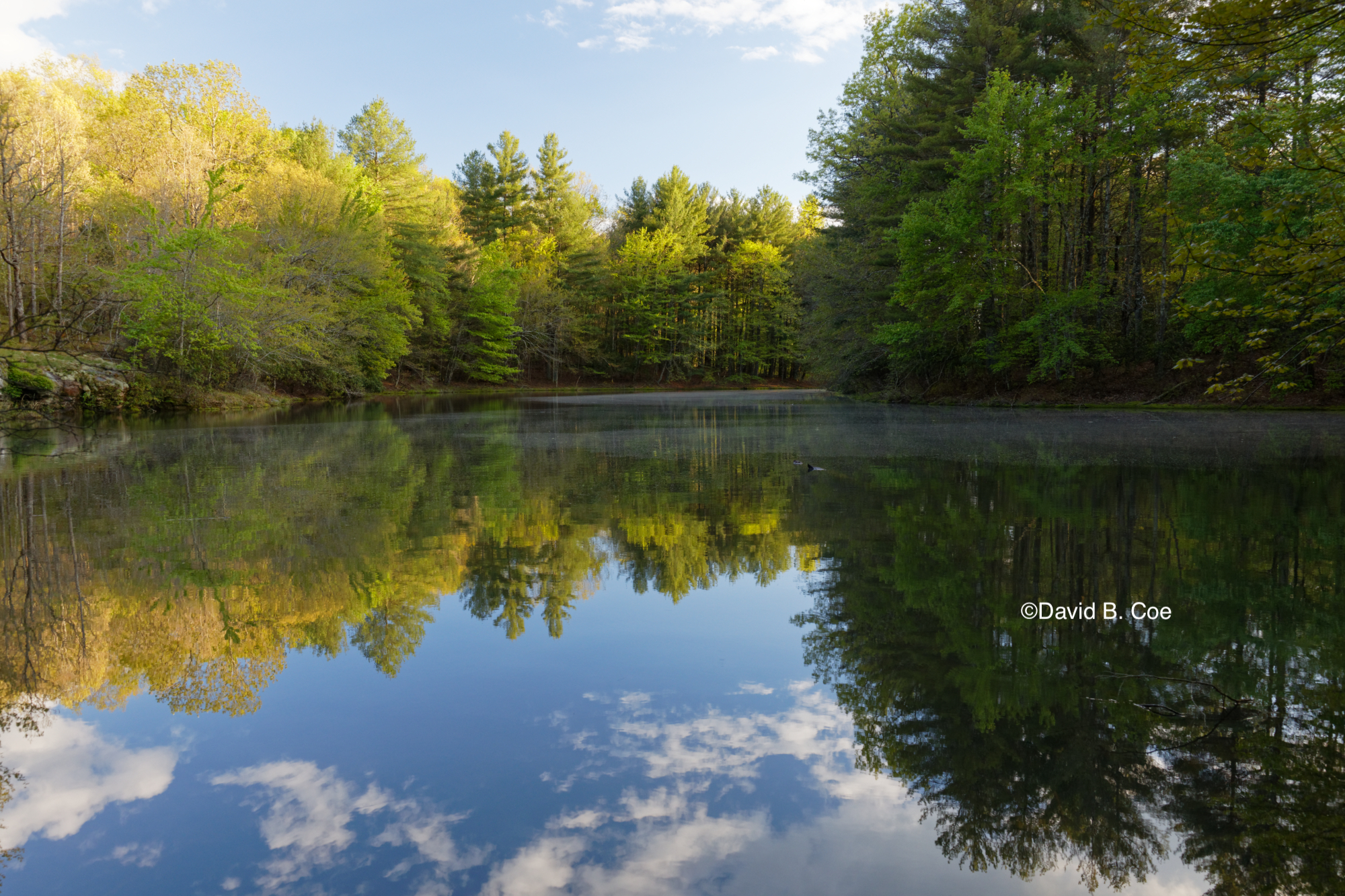
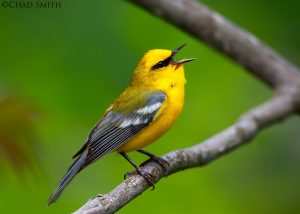
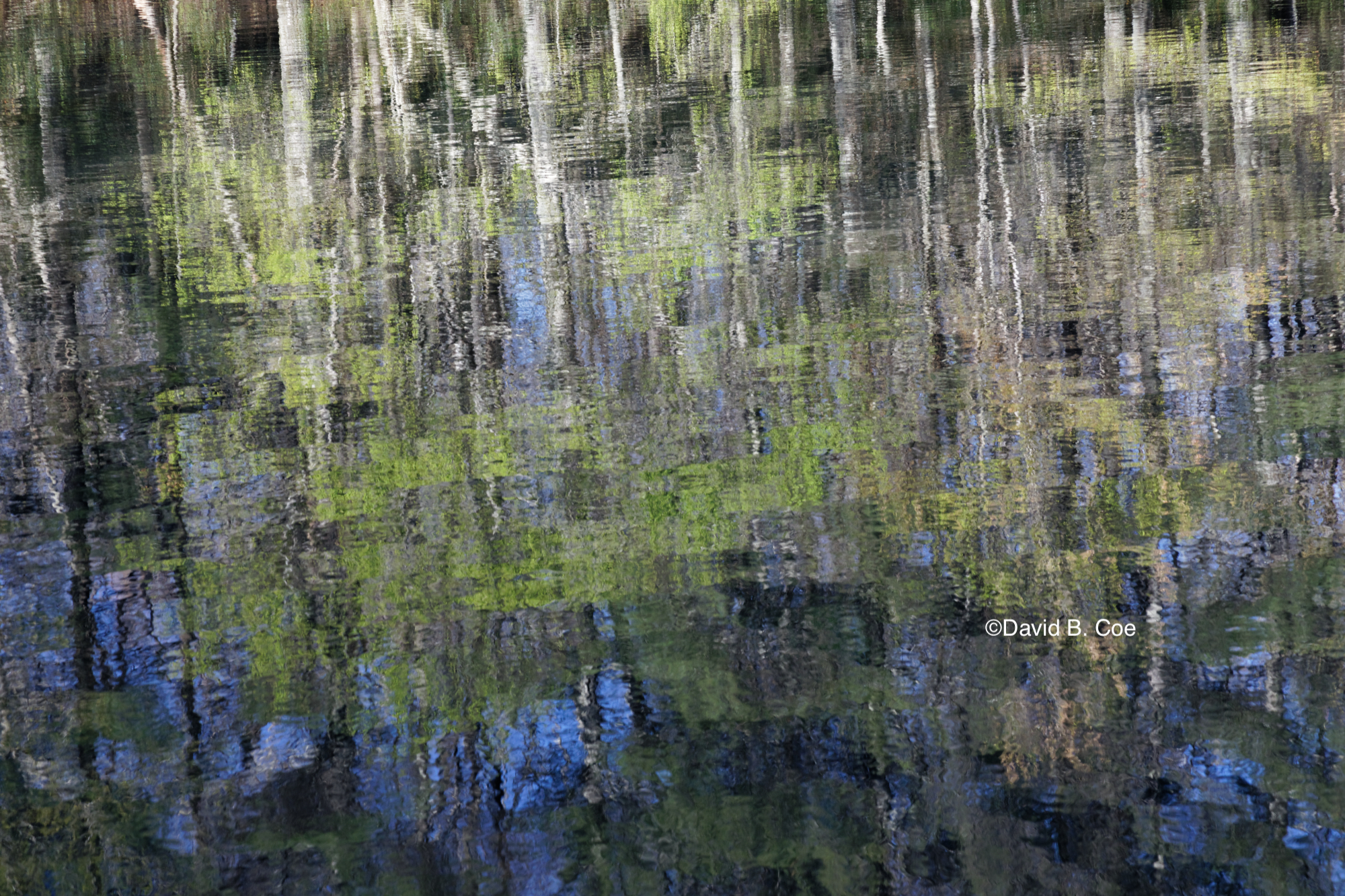
 But when do I consider the manuscript done? There is some truth to that first answer I gave. I consider all my books works in progress. My very first book, Children of Amarid, published in 1997 and recognized with a Crawford Award two years later, was, to my mind, never really complete. I knew for years that I could make it better. And when we finally got the rights back, I edited the book mercilessly (and did the same to its two sequels) and released the
But when do I consider the manuscript done? There is some truth to that first answer I gave. I consider all my books works in progress. My very first book, Children of Amarid, published in 1997 and recognized with a Crawford Award two years later, was, to my mind, never really complete. I knew for years that I could make it better. And when we finally got the rights back, I edited the book mercilessly (and did the same to its two sequels) and released the 